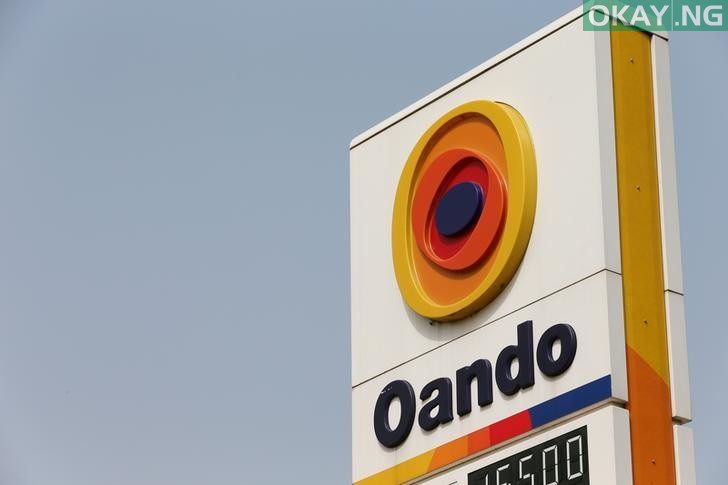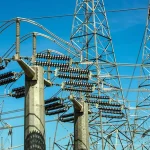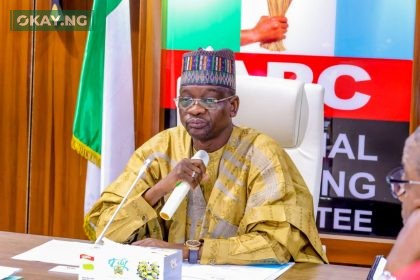Indigenous energy giant Oando Plc has announced a delay in the publication of its 2024 Audited Financial Statements (AFS), pushing the anticipated release beyond the regulatory deadline of March 31, 2025. The company now projects the AFS will be available on or before May 30, 2025.
The postponement stems from two primary factors, as detailed in a recent press release: the intricate integration of the newly acquired Nigeria Agip Oil Company (now Oando Energy Resources Nigeria Limited) and the updated Internal Controls Over Financial Reporting (ICFR) requirements issued by the Financial Reporting Council of Nigeria (FRCN).
“Following the acquisition of Nigeria Agip Oil Company (now Oando Energy Resources Nigeria Limited), Oando must integrate OERNL’s financials into its consolidated statements, in compliance with IFRS 3 requirements,” Oando stated. This integration involves a complex process of aligning accounting policies, mapping charts of accounts, and merging legacy systems—specifically SAP and Oracle Fusion. The company acknowledged that “while significant progress has been made, the process has been delayed due to pending responses from ENI regarding critical financial data.” This outstanding data is crucial for the finalization of the audit, given its material impact on the Group’s consolidated financials.
Furthermore, the FRCN’s revised ICFR guidelines, issued in July 2024, have introduced additional complexities. The expanded definition of Public Interest Entities now includes government licensees and companies with an annual turnover exceeding N30 billion. “Consequently, certain Oando subsidiaries, including OERNL, now require additional scoping and testing as part of the 2024 audit,” the company explained. This increased scrutiny, including attestations from the Group Chief Executive, Group Chief Financial Officer, and independent auditors, has extended the audit timeline.
Read Also: LivingTrust Mortgage Bank Secures Extension for 2024 Financials Amid Board Reshuffle
The acquisition of Nigeria Agip Oil Company represents a major strategic move for Oando, significantly expanding its operational footprint. However, integrating the financial systems of such a large entity presents considerable challenges. I understand, from my experience covering similar integrations, that these processes are rarely straightforward. Delays, while frustrating, are not uncommon when merging complex financial systems.
The implications of this delay extend beyond mere administrative inconvenience. Shareholders and investors, who rely on timely financial reporting for informed decision-making, will now have to wait an additional two months for critical financial insights. Oando has reassured stakeholders that its management is actively overseeing the audit process, engaging with auditors to mitigate further delays, and maintaining open communication with regulators to manage the revised filing timeline are in continuous dialogue with regulators to manage the revised filing timeline,” Oando emphasized. This proactive approach aims to maintain trust and confidence among stakeholders during this period of adjustment.
The energy sector, particularly in Nigeria, is subject to stringent regulatory oversight and financial scrutiny. Delays in financial reporting, while often unavoidable, underscore the importance of robust internal controls and efficient integration processes. As Oando navigates these complexities, the industry will be watching closely to see how the company manages this temporary setback and delivers its 2024 AFS.













